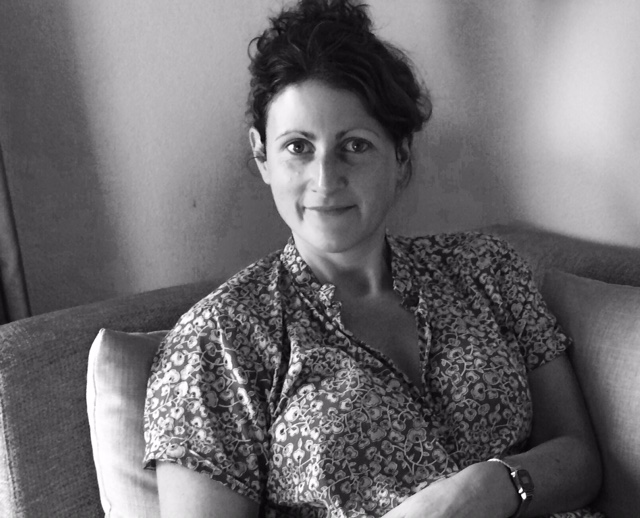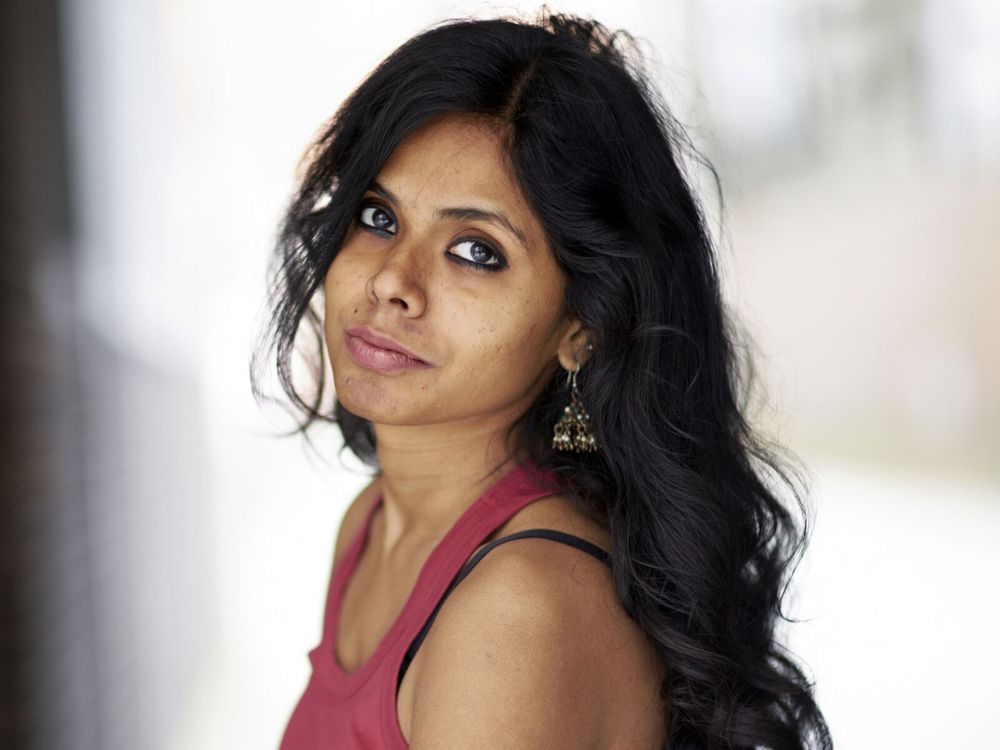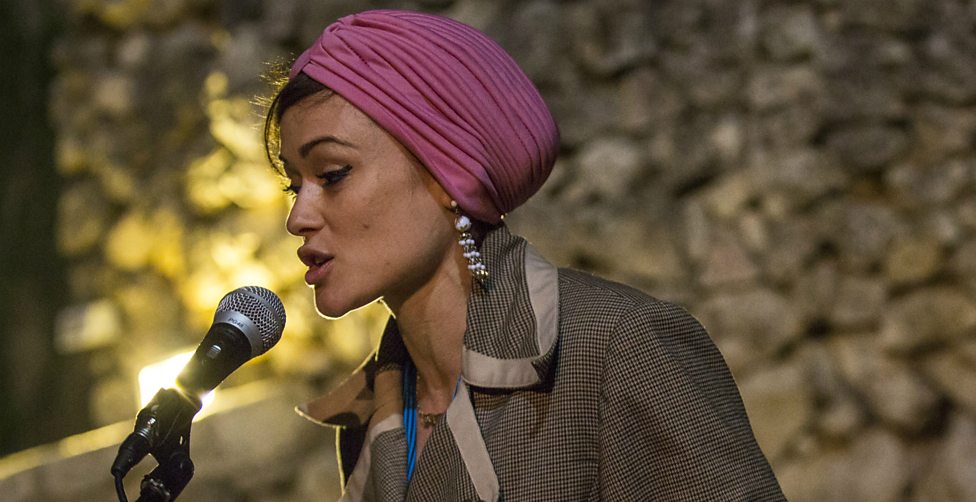Q. You’ve had a great year. Congratulations! Did it feel good from a writing perspective, or was it distracting?
It felt good. My work got into the hands of more readers than it would have done otherwise – that’s a wonderful feeling. But, it’s true: I’ve written nary (a regional word for ‘not’) a word for six months.
Q. What’s the best book you’ve read this year?
I thought Mrs. Engels by Gavin McCrea was pretty marvellous.
Q. You’re one of very few writers who don’t have an online presence. You aren’t on Twitter, Facebook and you don’t have your own website (or one we could find). Do you think this activity can be distracting, especially for a young writer, such as yourself, who is still learning the craft?
It’s just not a world I have much interest in, and neither do I see how having a presence online is going to make a (net) positive impact on my work. To be honest, I find saying what I really mean hard enough – and excruciating enough – in a 5,000 word essay, let alone 140 characters.
Q. I read that you’re making space in your basement to write. Are you trying your best to shut out the world and what can a writer gain from doing so?
I have two kids and the basement is the only place I can make into a study, away from the noise of family life. I’m incredibly easily distracted (another reason for me to avoid social media) so find I need solitude to spur my writing, and reading for that matter.
Q. Tell us about your writing ritual. When are you most productive?
When in the thick of a first draft I write from 10am to 2pm on Tuesdays and Wednesdays. Thursday is my full writing day. I’ll try and do a bit on Fridays and Saturdays as well, if life allows, which it generally doesn’t.
Q. You didn’t read a novel til you were 18 (I remember this from our first interview!) What do you think we could do to encourage more boys, in particular, to read fiction?
Boys do read fiction, or, at least, they do until they start being made to feel they’re not very good at it. I’d let boys read whatever they want – gaming zines, graffiti apps, gangsta poetry, whatever – and stop making them feel like those forms don’t have literary value. Of course, boys, along with everyone else, need somewhere to go to get their books, so shutting down libraries is a tremendously stupid thing for any government to be doing.
Q. Diversity has been talked about so much this year in publishing from #WeNeedDiverseBooks to #DiverseDecember trending on Twitter and Spread the Word’s damning report on the marginalisation of BME writers. There’s been a huge push to encourage people to read books by writers from BME backgrounds and for publishers to publish them. As one of Granta’s best young British novelists and one of few BME writers to have been shortlisted for the Man Booker Prize what your thoughts on the subject?
The diversity debate seems to go on and on without ever actually getting anywhere; it’s like the publishing industry’s Zeno’s Paradox. One thing: prizes are, perhaps unfortunately, tremendously important to our literary culture and, for me, any prize list that isn’t diverse isn’t a list that’s worth any reader’s time: the judges, shamefully, haven’t done a good enough job of looking beyond their own face.
Q. Both your books, Ours are the Streets and The Year of the Runaways have been based in Yorkshire, where you live. Do you feel some responsibility to share stories that might not otherwise get written about in places that aren’t wholly represented in fiction?
I only write the stories that interest me; writing a novel takes too long to spend it doing anything else. If it looks like I’m sharing stories that might not otherwise get written, then that’s probably a function of the sad fact that there are so few published writers from the British-Sikh community.
Q. What has your personal experience been of the publishing industry? If you could change one thing what would it be?
So far, hugely positive. I’ve been very lucky – my agent, editor and publicist are all talented, amazing people who understand my work and my vision for it. What would I change? I’d bring back the Net Book Agreement.
Q. What are your writing goals for 2016?
To make a start on the next novel, and maybe even get a first draft of the first half down.


